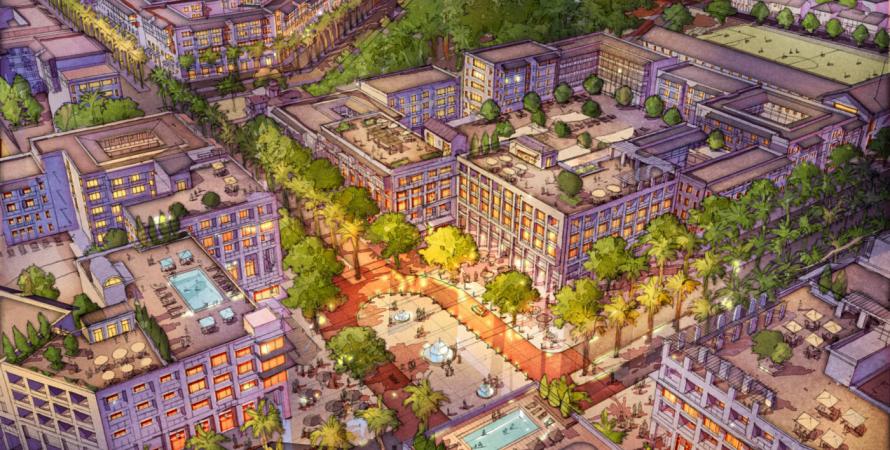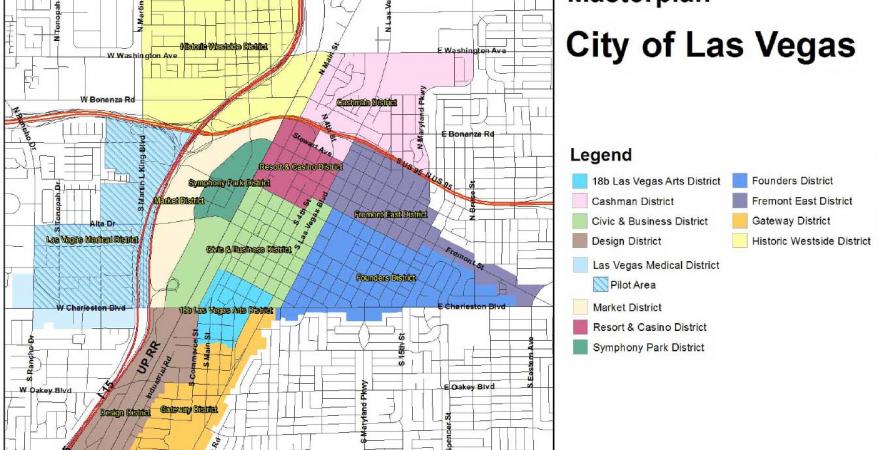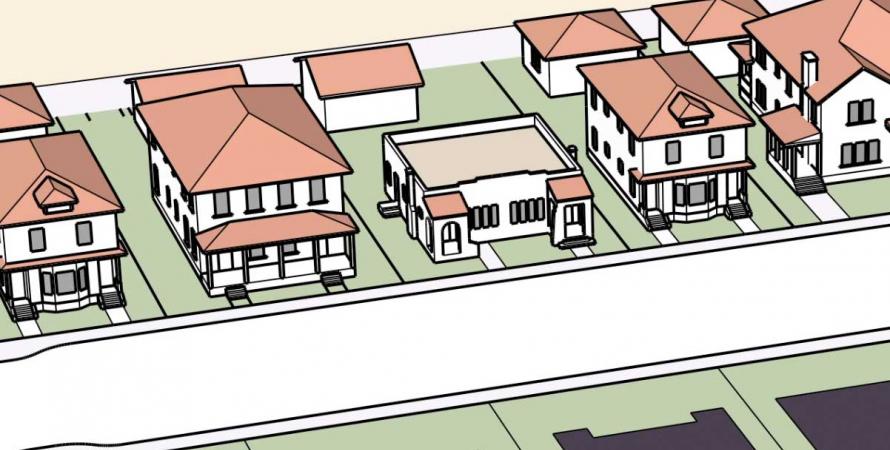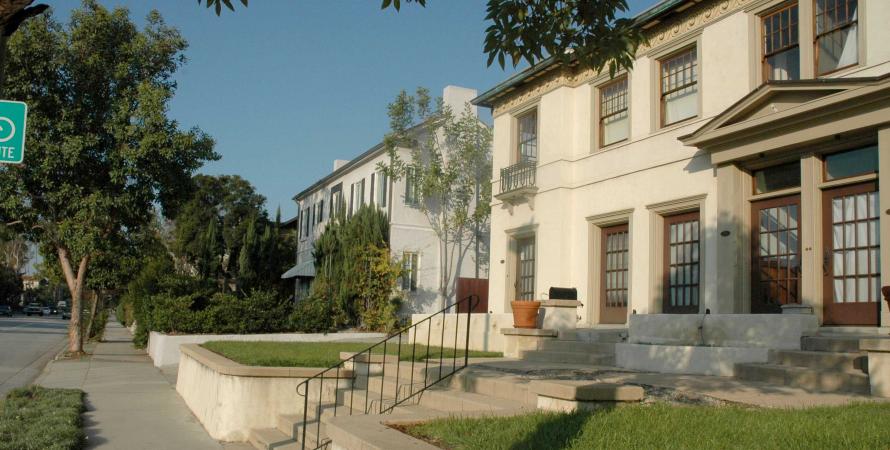-

Best practices in land-use codes recognized
The Driehaus Form-Based Code Award, to be announced at CNU 28 in June, is accepting nominations until April 17.The Richard H. Driehaus Form-Based Codes Award has recognized exemplary form-based codes for more than a decade. It’s garnered more than 100 submissions since its inception and continues to provide examples of best practices in urbanism and smart growth. One lesson we take away from this program is...Read more -

Las Vegas establishes form-based coding in Nevada
The City of Las Vegas adopted one of the state's first form-based codes following two years of training and community engagement. The new code is a big step toward implementing the City’s downtown master plan.Overshadowed by the Las Vegas Strip to the south, Downtown Las Vegas is looking to achieve a more compact, vibrant urban environment with a focus on higher intensity mixed-use development around transit hubs and activity nodes. In an effort to re-energize and support the revitalization of its...Read more -

Where building types make sense in zoning
Building types are most helpful when trying to achieve a fine-grained mix of house-scale buildings of varied density and type in a walkable neighborhood. This is part one of a series.Building types are a key component of the physical environment and have existed for millennia in all types of walkable places: from crossroads and small towns to every size of city. Building types and the public realm have made all of these places. But despite their existence before zoning,...Read more -

Top 10 misconceptions about form-based codes
Several common assumptions about new urban codes fail to stand up to scrutiny.Since 1981, approximately 600 form-based codes (FBCs) have been prepared for communities across the US, and 362 of them have been adopted. Most of the adoptions have taken place in the past 10 years. But as exciting as that may be, what’s more exciting is that these numbers are miniscule when you...Read more